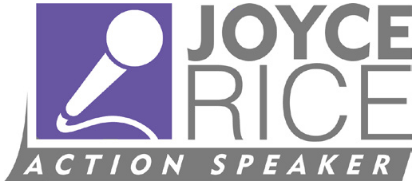What is the most important lesson you have learned this month?
My lesson was to fully respect the power of the mind/body connection. In the process I learned a valuable tool to use in times of distress. Perhaps you are already using this tool. We all have it, but are we putting it to full use?
One tiny bend and “yikes!” I could stand and walk slowly, but no slight turn or bend in any direction without electric shocks in my lower back. Most everyone has experienced those electric shocks playing cat-and-mouse. They can be a warning or debilitating.
Luckily, I could get in the car and drive to a massage therapist. He asked, “What happened before the pains?”
I admitted, “I was stressed out over an incident, not that big, but it was so disgusting!”
He asked, “Were you breathing?”
“Yes!” I was thinking what a silly question until he explained how the sympathetic and parasympathetic nervous systems work in relation to breathing.
He said, “Many times back pain happens with distress and shallow tense breathing. Deep breathing is a powerful preventive force.”
I was intrigued. By doing some research I found the following.
When we are stressed, angry, in a no-win situation, we breathe with shallow breaths, our “flight or fight” breathing governed by our sympathetic nervous system. It is our survival mechanism preparing the body for flight by increasing heart rate, blood pressure, blood sugar and dilating the pupils.
The parasympathetic nervous system, however, has a calming influence. It lowers the heart rate and blood pressure and simultaneously promotes digestion and the uptake of nutrients. Termed “rest and digest”, it dominates and coordinates the body’s repose and regeneration. It can be activated through breathing exercises.
The therapist recommended the simple 4-4-4-4 breathing technique. One deep breath to inflate stomach and up to fill lungs for 4 counts, hold for 4 counts, breathe completely out for 4 counts. Repeat 4 times.
This is taught in schools to children with anxiety while taking tests. The military, specifically the Navy Seals, uses it to calm down and reduce anxiety.
Why this breathing method works is because of the physiological effect breathing has on the nervous system.
- Breathing slowly and deeply activates the hypothalamus, which is connected to the pituitary gland in the brain, to send out neurohormones that block stress hormones such as cortisol and adrenaline from being released.
- Deep breathing triggers a relaxing response from the body by triggering the parasympathetic nervous system to secrete hormones that decrease blood pressure and heart rate.
A couple of things we must remember:
- Our brain’s first priority is to keep us safe. Without that our species would not have survived. It is ready for flight or fight at any moment.
- With deep breathing, we can move from flight or fight to rest and digest.
Often undervalued, breathing is one of the most important things you can do to control your anxiety and stress.
Additional health benefits can be found at https://www.breatheology.com/delicate-nervous-system/ and https://www.livestrong.com/article/136646-why-does-deep-breathing-calm-you-down/.
The back pain got my undivided attention. With massage therapy it was gone in two days, but what I learned I will have for a lifetime!
Always respect and utilize the power of the mind/body connection. Breathe deeply and welcome the benefits!
Kindest regards.
Joyce
